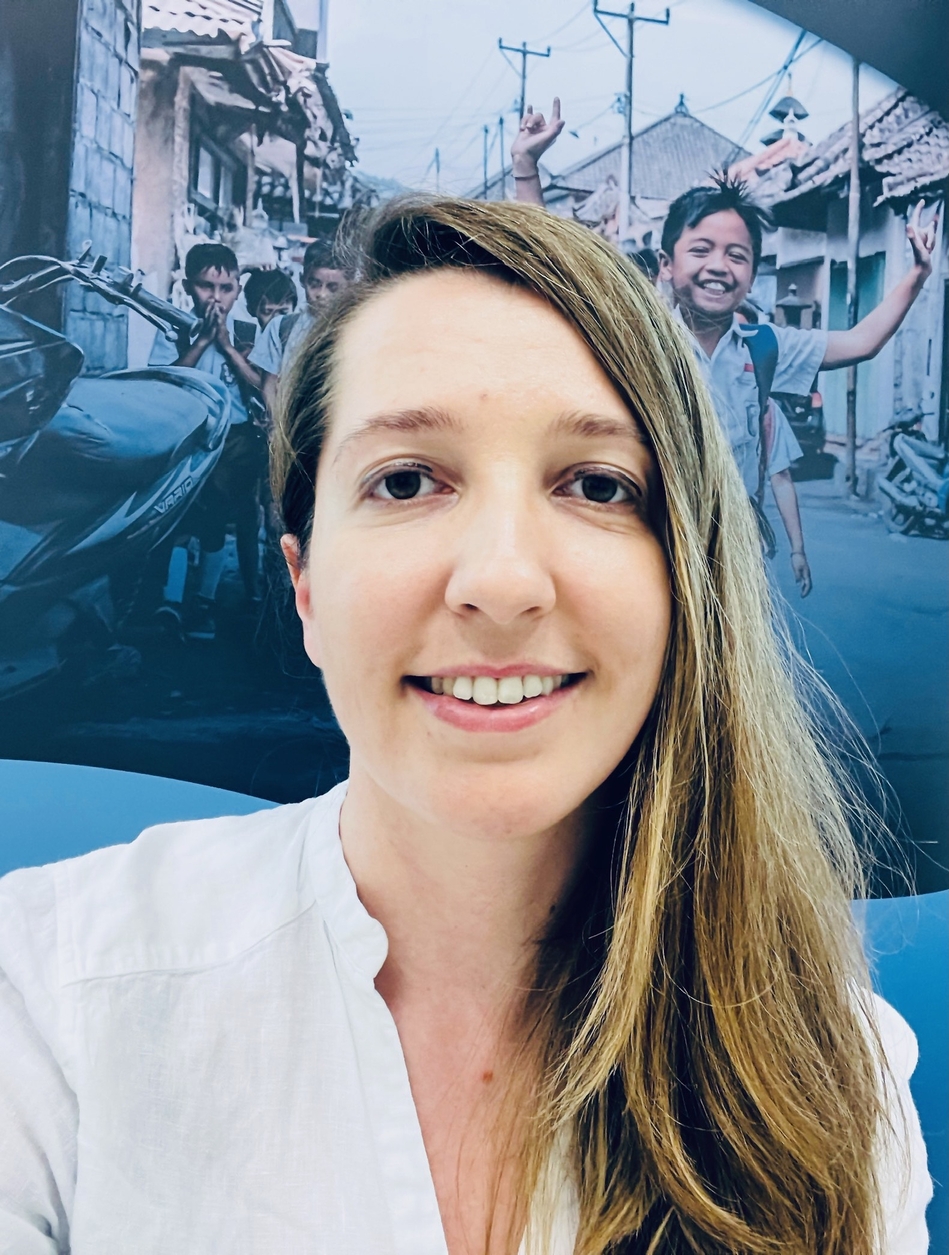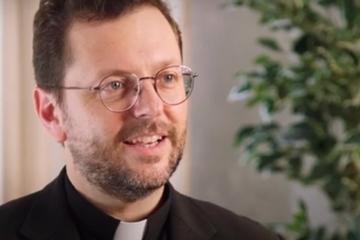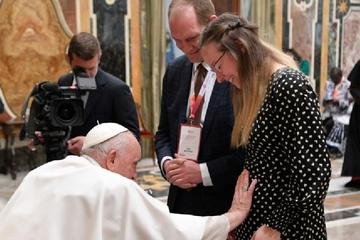
Claudia Giampietro, project officer at the Office of Care and Safeguarding of the International Union of Superiors General, talks about studying canon law, building relationships and safeguarding.
What was your area of study and which pontifical university did you choose and why?
I completed my licentiate in canon law at the Pontifical University of St. Thomas Aquinas in Rome. I chose this university because it offered the possibility to take exams for propaedeutic studies in theology and philosophy in English, and because of its Dominican spirituality, which has always been very familiar to me. Moving to Rome was not a challenge, as I am originally from Pescara, about 200 km away. However, it was initially difficult to find an international community where I could live and study with other lay students. Therefore, The Lay Centre provided a great opportunity in this sense.
What opportunities did your studies offer and how are your studies and research at the pontifical university related to the work you do today?
I work at the Safeguarding Office of the Union of International Superiors General, an organization of approximately 2,000 women religious leaders, based in Rome. I have applied my studies in drafting a child protection policy, co-ordinating formation activities in safeguarding with the UISG executive secretary, Sister Patricia Murray, and supporting religious congregations in the development or update of their safeguarding guidelines. My academic research is focused on the same topic, and I will be teaching as a guest lecturer for a diploma course on the law of consecrated life at the Angelicum next year.
What advice would you give lay women who would like to study in Rome?
Lay women studying in Rome will understand they are a minority as they cross the threshold of the classroom at a pontifical university. In fact, most students are seminarians or priests, but this can be an opportunity of mutual enrichment through an exchange of different perspectives. A tendency to identify seminarians and priests as particularly privileged does nothing but increase the inability to dialogue. On the contrary, it would be extremely helpful to acquire a “mental flexibility,” so as to overcome differences of opinion and understand the importance of building relationships that can be beneficial to the whole academic community.
How did your studies help you to become more able to serve the Church and society?
In my current position, I collaborate with women and men religious to create safe environments in their communities and in society at large. Many activities are realized in partnership with other institutions, such as the Institute of Anthropology of the Pontifical Gregorian University and the Pontifical Commission for the Protection of Minors. This network provides opportunities for individual and common growth, and the goal of each initiative is always the care for children and adults in situations of vulnerability. As a lay woman, this experience is an encouragement to serve the Church with greater confidence.
What do you think is an area of most pressing concern in your area of study or of your profession?
The area of most pressing concern is the diffusion of several forms of abuse at different levels and its implications for victims and survivors. The Catholic Church is committed to tackling abuse and there are many challenges, such as the difficulty to adapt canonical provisions to a mindset and language that ensure that proper justice is served. Often there is the expectation that something changes at a universal level, but this can be misleading if local realities are neglected in the process. The local consultations which inaugurate the Synod of Bishops offer an exemplary model for safeguarding as well.
What, in your opinion, is the importance of the role of laity in the Church at a decisional level?
There are many lay experts who could deeply enrich the Church if they had decision-making posts. Pope Francis has been promoting lay people as decision-makers but, unfortunately, he is not always supported by everyone in his continuous efforts. Even lay people among themselves implement forms of lay clericalism that are detrimental in many ways. Leadership should be seen as a possible vocation for the laity, and this would be an essential step to gain a broader perspective and learn from the expertise of lay women and men, who are trained for leadership positions and could support the Church.
Claudia Giampietro is a canon lawyer working as project officer at the Office of Care and Safeguarding of the International Union of Superiors General, an organization of approximately 2,000 women religious leaders. She is a Lay Centre alumna and writes for the Italian online magazine Terra e Missione.
Photos courtesy Claudia Giampietro. We also asked our alumnae to share a special photo from their Lay Centre days. Claudia shared the one below taken at The Lay Centre with the 2015-16 resident community.


